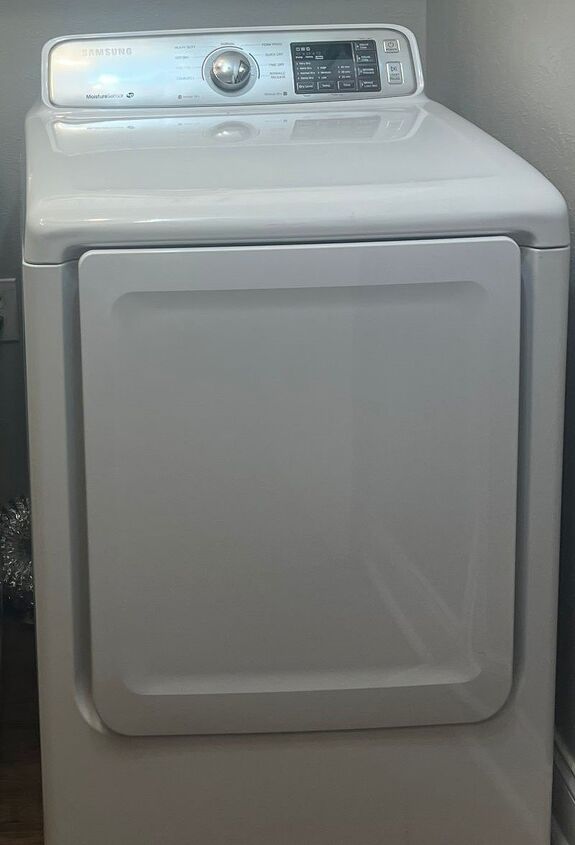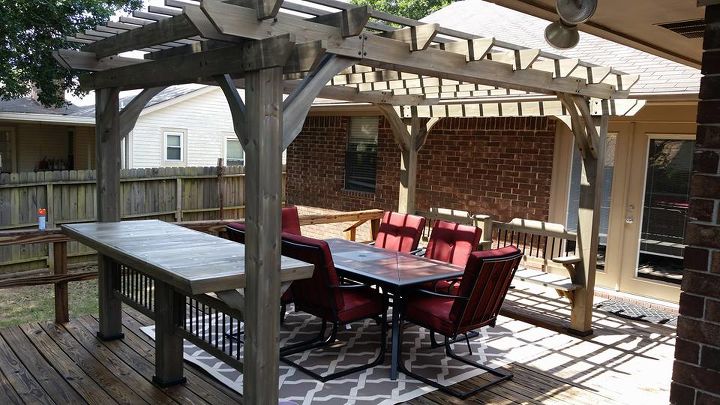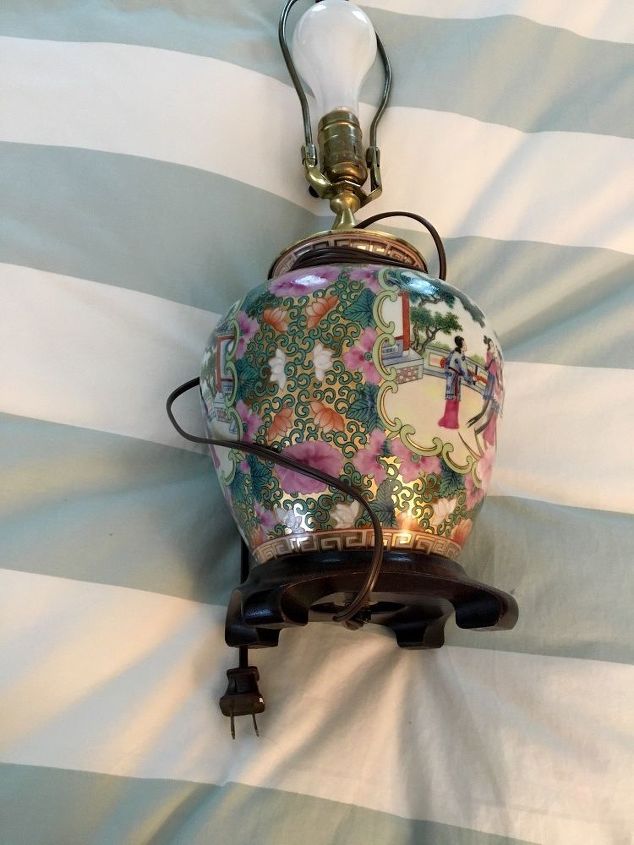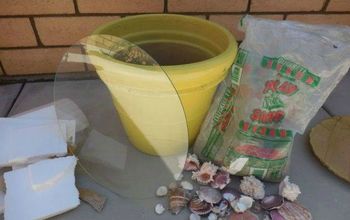Hello all!
However, one guy recommends doing it now (December) and another recommends waiting until Spring. Looking for recommendations on the best time to do this, given the fact that we do have water leakage and Chicago winters are rough. Thanks!
-
Do not seal the brick. You will destroy the surface of it by trapping any moisture that will still get in and cause it to decay even faster. There are NO sealants that work with brick. Those clear coats they sell telling you that they seal brick simply are snake oil and once the brick moves and cracks develop between them, water will get in and cause more damage. check out www.bia.org for information about your brick and sealing. The next thing to understand is that brick in homes as old as yours has different mortar used to hold them into place. This mortar is much softer then the stuff they sell today. If they tuck pointed the outside surface of the brick with the off the shelf products what happens is the brick can begin to deteriorate and spall on the surface along the edges of where the new mortar was placed. This is caused by the brick rolling when the mortar and brick gets wet. The softer mortar that is on the back side of the brick will move much more then the new mortar used on the front. The result is this rolling action that will cause the damage. Water always goes through brick. It is naturally porous and will leak. If you are experiencing moisture issues as a result then the flashing and weep hole details that are placed both between the brick at the floor, door and window areas have either plugged or have been painted over not allowing the moisture to escape from behind the brick. The people you got in have no idea of what they are speaking of if they are simply suggesting sealing the surface. You need to find and ole-timer mason that understands how to fix or contact a structural engineer that specializes in brick applications to get the proper details needed to correct this issue. Otherwise you will end up destroying the brick wall even more.
 Woodbridge Environmental Tiptophouse.com
on Dec 08, 2011
Helpful Reply
Woodbridge Environmental Tiptophouse.com
on Dec 08, 2011
Helpful Reply -
-
Here is an excerpt link from BIA regarding brick re-pointing. http://www.gobrick.com/Portals/25/docs/Publications/Brick%20Briefs/Repointing%20Brick%20Masonry.pdf
 Woodbridge Environmental Tiptophouse.com
on Dec 10, 2011
Helpful Reply
Woodbridge Environmental Tiptophouse.com
on Dec 10, 2011
Helpful Reply -
Related Discussions
Hello, I have an o,d metal trunk that has rust all over, how would you
Clean the rust off? Thanks
Would you rather wash and fold laundry or clean the dishes?
Given the choice, would you prefer washing the dishes or doing laundry? Share your preferences and insights!
3 big dogs in backyard
I have 3 large dogs in a backyard. They wrestle non stop and have literally either trodden down every blade of grass, dug it up or, in the case of shrubbery, chewed i... See more
How do I clean a filthy frog pond without hurting the frogs?
Our recently purchased home has two fish ponds, currently occupied only by frogs, which we enjoy. The ponds are filthy, though, filled with years of leaves, mud, and... See more
What can I do about wood smoke coming into my house?
I need help. My back door neighbor heats with a wood stove all winter. They are downhill from me. Almost all their smoke makes its way into my house, causing headache... See more
How to tighten a lamp that is looose?
How to tighten lamp that is loose?



